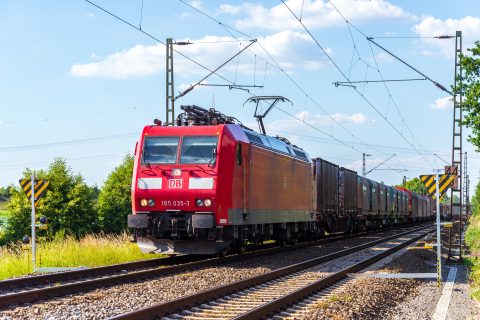Greece-Bulgaria share plans for new rail line and hub
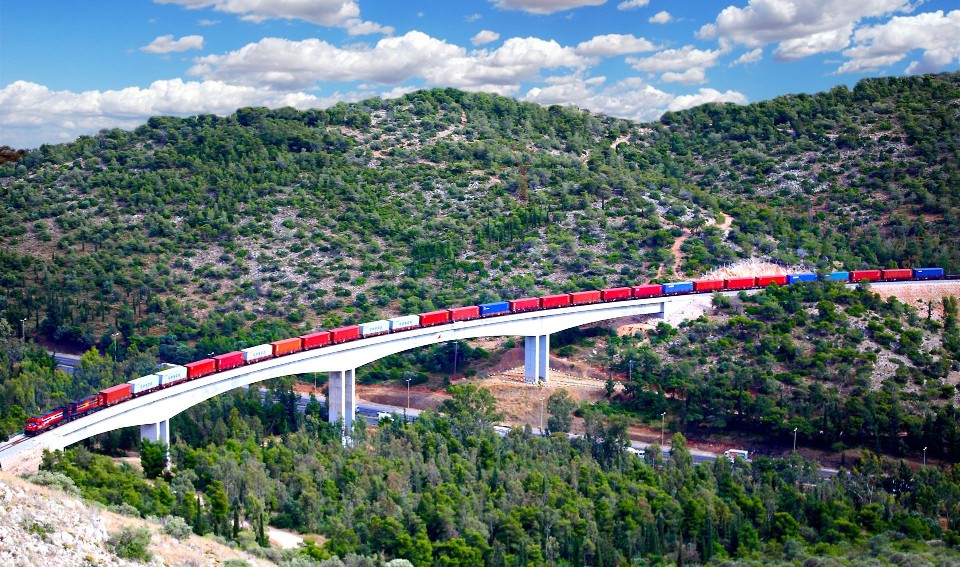
Greece and Bulgaria will cooperate in launching a railway line extending from northern Greece and through Bulgaria to Romania. “There are possibilities to even extend this line towards North Sea ports”, said Greek transport minister Kostas Karamanlis. On top of that, the two countries have special plans for the Greek port of Alexandroupolis.
Both Greece and Bulgaria are in the process of reapproaching their rail policy. In November 2021, the Greek transport ministry announced rail infrastructure upgrades worth 4 billion euros. On the other hand, in Bulgaria, authorities are busy merging the passenger and freight divisions of Bulgarian Railways to become more competitive while implementing the ‘Bulgaria on track’ project to incentivise the use of railways.
From Thessaloniki to Ruse
The port of Thessaloniki, Greece’s second-largest port, is set to acquire a direct rail connection to the main network as part of the Greek government’s 4 billion euros investment plan. Plans also envision the construction of a railway line on the northwest axis of Greece connecting Thessaloniki with the port of Kavala, the port of Alexandroupolis, moving to Bulgaria and Bourgas, Varna and Ruse on the border with Romania. “This is a project of geostrategic importance”, stressed Greek minister Karamanlis, “since it will boost rail freight traffic and volumes in the region”.
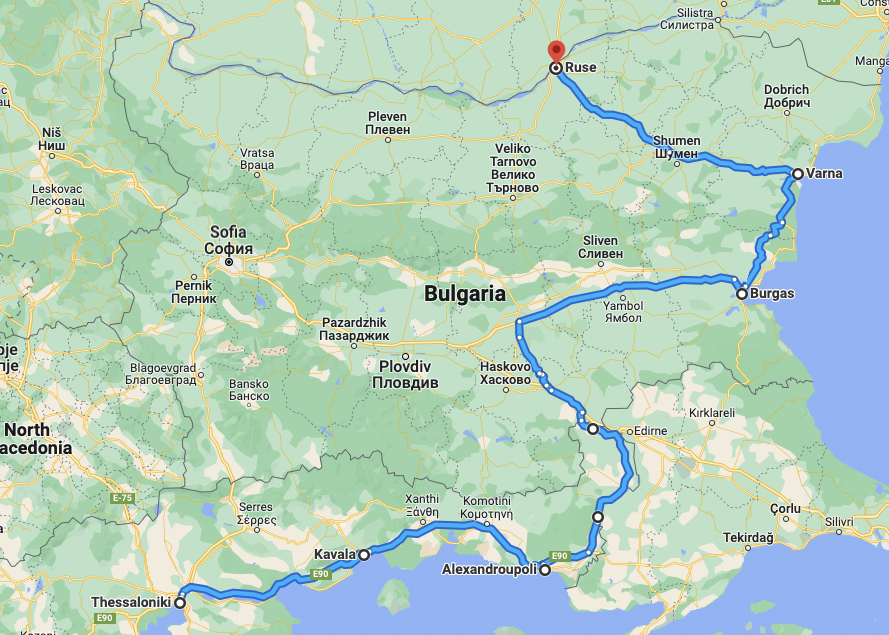
“There is no way to become a logistics centre in southeastern Europe without investing in rail connections between these Greek destinations and allowing northern Greek ports to have rail access”, underlined Karamanlis. “With these rail developments, Thessaloniki will become a gateway for transport through southeastern Europe, while the port of Alexandroupolis will become increasingly important, he added. The line’s construction contracts will be signed in 2023, and the project is estimated to finish in 2027-2028.
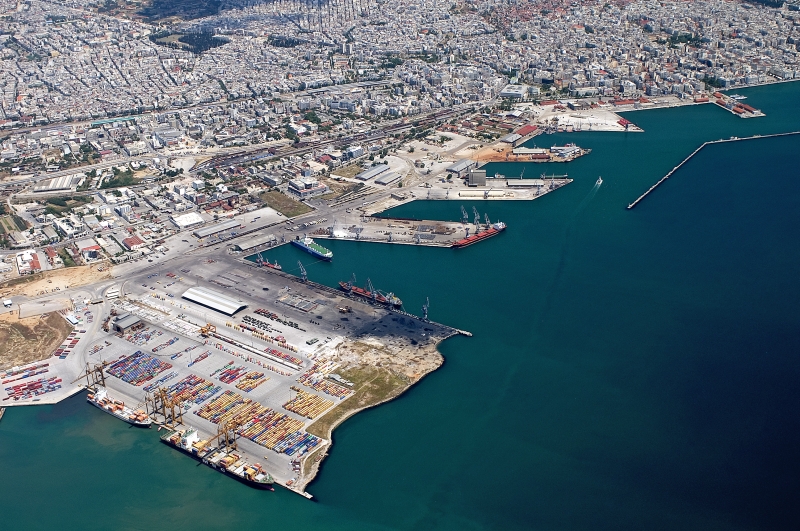
Alexandroupolis as a new hub
A flagship project of the railway connection between Greece and Bulgaria is that of the rail link between the port of Alexandroupolis and the Ormenio border crossing. The port of Alexandroupolis is located in northwest Greece, right next to the border with Turkey. The Ormenio border crossing is located northern from Alexandroupolis, right on the Bulgarian border, and it’s Greece’s northernmost border point.
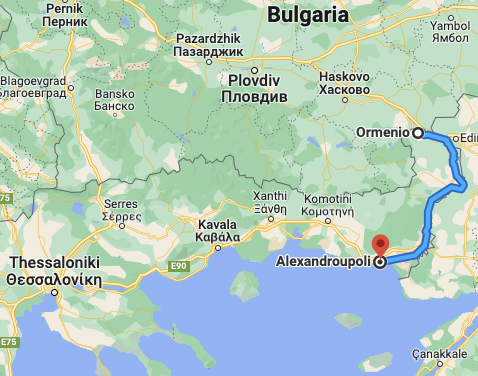
In a meeting between the Greek and Bulgarian transport ministers in late March, it was decided to commence works on this railway line to enable the connectivity of the Greek city-ports mentioned above with Bulgaria and further Romania and central or northern Europe. “This project is of geopolitical and geostrategic importance for our country since the port of Alexandroupolis can become a gateway for ships heading to Bosborous. On top of that, it can facilitate connectivity between Black Sea ports like Constanța and Greece”, said Karamanlis.
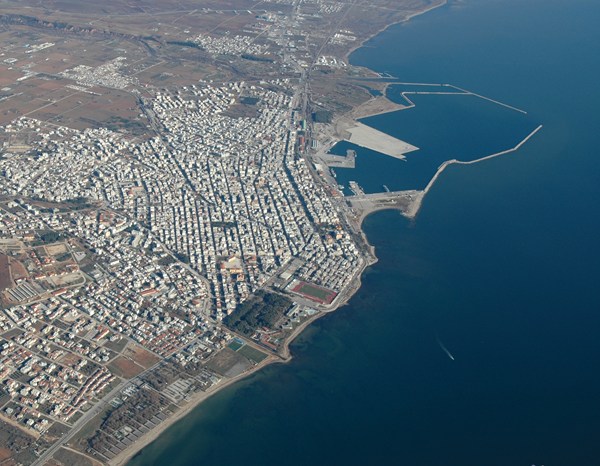
However, there is more than that. As the Bulgarian transport minister Nikolay Sabev explained, the Bulgarian government is looking toward investing in the port of Alexandroupolis. “The Bulgarian state wants to buy at least 20 per cent of the port’s shares. The Port of Alexandroupolis could become one of the strategic points in the common transport connection between Bulgaria and Greece”, he said, pointing out that the addition of Alexandroupolis to the railway axis between the two countries could mean the establishment of a new, at least regional, hub.
Also read:
You just read one of our premium articles free of charge
Want full access? Take advantage of our exclusive offer



